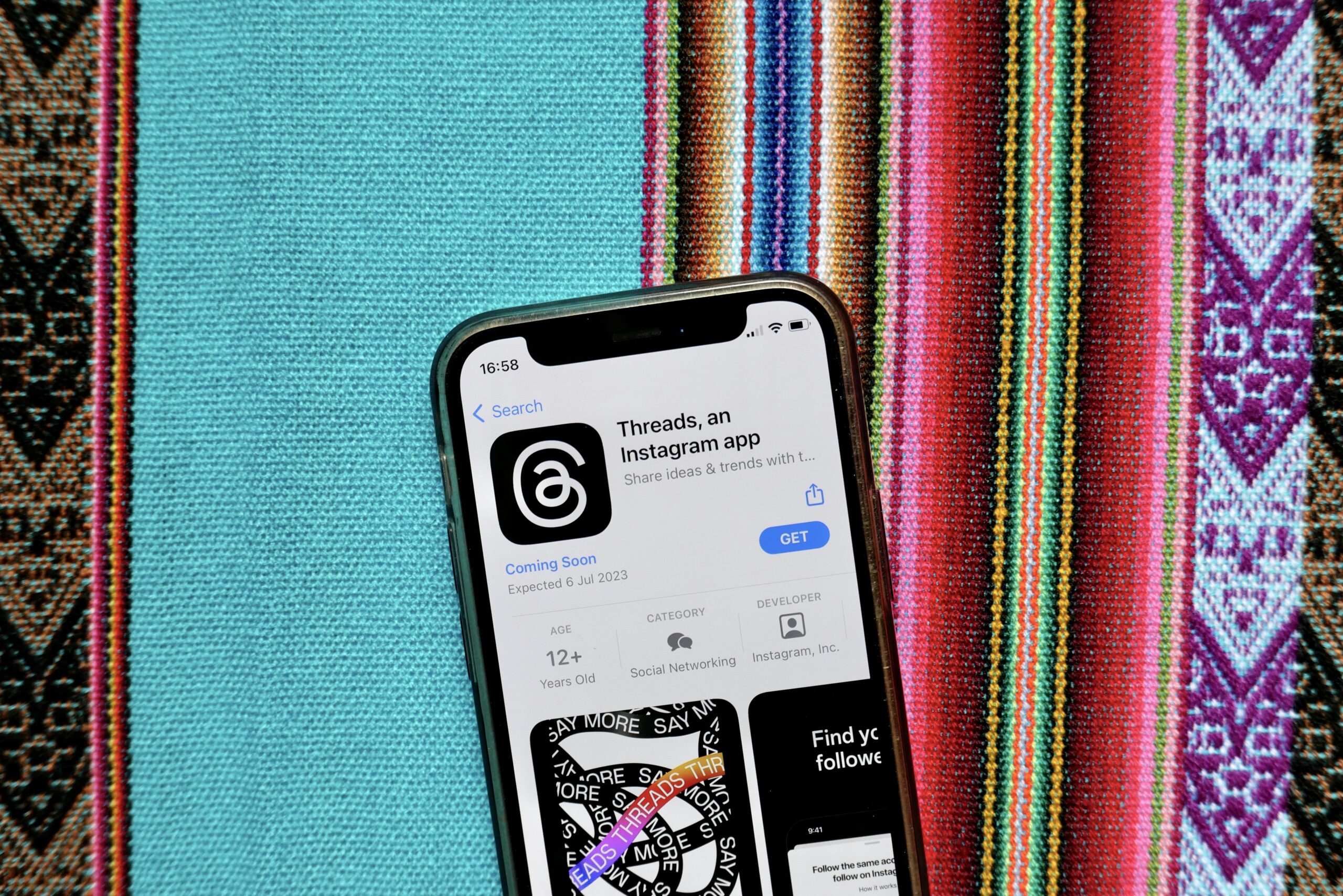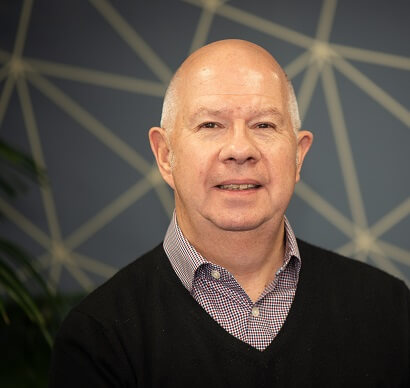Communicating sustainability: 7 companies doing it well
People care about sustainability. A Google search of the term brings up more than 1 billion results. And thinking about our impact on the planet has outgrown a simple concept – it’s changing the way we live.
Consumers now expect businesses to demonstrate that they want to make the world a better place. And investors are increasingly focusing on companies’ environmental performance.
As online conversation around the subject grows apace, how do you stand out from the crowd? Here are seven companies that aren’t just tackling the challenge of sustainability – they’re innovating in their communications around it as they do it, too.
1. BP: ‘drawing’ the viewer in
BP’s approach to communicating sustainability in the energy industry focuses on the bigger picture – literally.
Its Energy Illustrated web series, hosted by the company’s group chief economist, Spencer Dale, has tackled topics including electric cars, meeting the world’s increasing energy demand while reducing carbon emissions, and BP’s annual Energy Outlook report.
Dale is accompanied by two illustrators, who bring the issues to life on large canvases as he speaks. It’s a format that demystifies each subject, clearly and concisely presents the facts, and shows just how effective getting your company’s experts on camera can be.
🤔 Interested in the future of energy? #BPstats
📖 Read our latest Energy Outlook ➡️ https://t.co/s4bs4HelZb
📽️ Watch the Energy Illustrated ➡️ https://t.co/ph26gkbifW pic.twitter.com/BnlsWGlug9— BP (@BP_plc) April 7, 2019
2. IKEA: sustainable every day
“Lagom är bast” – “the right amount is best”. The Swedish phrase is at the heart of Ikea’s Live Lagom campaign, which is based around the philosophy that small changes can have a big impact.
Ikea provides about 150 households each year with products to help them live more sustainably, as well as expert advice, home visits and in-store workshops. Participants share their stories – on everything from recycling and upcycling to using hydroponics to grow lettuce all year round – on social media, and in blog and video posts on Ikea’s website.
After two years, everyone involved says they’re still committed to using only what they need – whether it’s food, energy or water. A big win for the campaign, but not the only one – it scooped a 2019 Edie Sustainability Leader Award, too.

3. Coca-Cola: sending bottles around in circles
“Plastic bottles are only single-use if we throw them away.” This simple message is the backbone of Coca-Cola’s push to encourage customers to recycle more of its packaging.
The brand’s Round in Circles campaign uses long-form storytelling, social videos and traditional print and billboard advertising to promote the creation of a circular economy for plastic bottles. It focuses on the fact that all Coca-Cola bottles in Britain are 100% recycled, and can be turned into new bottles again and again.
The brand is also calling for the reform of the UK’s recycling and recovery system and the introduction of a deposit return scheme.
Plastic bottles are only single-use if they are thrown away. Our bottles are 100% recyclable so they’re easier to recycle and turn into new ones again ♻️ #RoundInCircles #WorldWithoutWaste #RecycleWeek pic.twitter.com/7wo688HaZb
— Coca-Cola GB (@CocaCola_GB) September 23, 2019
4. Centrica: rich and varied
Visually compelling, immersive digital stories power energy services provider Centrica’s sustainability content.
The company, which owns British Gas, conveys its thought leadership around the subject to a professional audience through a mixture of videos, interactive graphics, and a host of deep-scroll content. Formative Content works with Centrica in delivering this multi-format storytelling approach.
From long reads to listicles, and featuring commentary from Centrica staff and independent experts, the energy industry’s issues and trends leap off the screen. This isn’t click-and-go content – it’s rich, varied storytelling to dwell on.
By 2050, up to 65% of the UK's electricity generation will come from renewable sources. We're driving change. Find out more → https://t.co/BBESeJRV8y #Innovation #Environment pic.twitter.com/6PkFrOMKdD
— Centrica plc (@centricaplc) November 4, 2019
5. Lush: curating sustainability media

Sustainable cosmetics brand Lush has created its own digital media publishing platform to spread its environmental vision.
It curates its own and third-party content through Lush Player, which supports the company’s ethical stance on topics including everything from hunting to climate strikes.
Lush is at the forefront of a global trend for brands investing in content that engages the wider interests of their communities. Another good example is Australian skincare brand Aesop, which publishes fiction, non-fiction and essays through its sites The Fabulist and The Ledger.
6. Lacoste: Save Our Species
Take one of the fashion world’s most best-known logos and replace it with endangered animals.
Simple, effective and done in partnership with an NGO, the International Union for Conservation of Nature (IUCN). And, given controversy around the fashion sector’s environmental footprint, not entirely risk-free.
Special-edition polo shirts substituted 10 endangered species for the company’s iconic crocodile logo, with the number of shirts of each species corresponding to the number remaining in the wild – 3,520 of all 10 species.
The shirts sold out, created a buzz around the brand on social media, and won two golds at the Clio fashion industry communication awards. And, importantly, donations to IUCN rose fourfold during the campaign.
The crocodile is leaving its iconic spot to 10 threatened species through a partnership with the @IUCN. Help us fight for wildlife conservation worldwide. Click here to discover more: https://t.co/9UhE1vUCel #LacosteSaveOurSpecies pic.twitter.com/PjZMRhdDD1
— Lacoste (@LACOSTE) February 28, 2018
7. Shell: the personal touch

The Energy Podcast series from Shell opts for a personal medium to tackle some of the issues energy producers face. Topics such as ‘Why doesn’t Shell stop producing oil and gas?’ are addressed in a straightforward, candid manner.
The podcast goes straight to the issues. And it doesn’t shy away from questions including, ‘Is Shell part of the problem when it comes to climate change?’
A bold move, but it pays off – showing the company is willing to be transparent and answer tricky questions.
READ MORE:
How the right kind of content can build trust in your brand
Communication in the age of responsive and responsible leadership
About the author: Douglas Broom’s extensive journalistic experience includes stints with The Times, Press Association, and BBC News, followed by senior editorial and communications roles at organisations such as CIPFA and Wolters Kluwers. Connect with him on LinkedIn here.
Formative Content is a corporate digital agency working with some of the world’s most widely known and well-respected multinational organisations. If you’d like help with your digital marketing campaigns, get in touch.

Related Articles

AI won’t destroy SEO – but it will massively change the game
“The reports of my death are greatly exaggerated,” Mark Twain is said to have told a newspaper reporter.

Where creativity and technology meet: a designer’s view on artificial intelligence
My favourite things usually exist where creativity and cutting edge technology meet.

What does the launch of Twitter-alternative Threads mean for B2B marketers?
Threads, a Meta-owned alternative to Twitter, is set to launch on Thursday.

Protecting your brand in the age of generative AI
Imagine a deep fake video supposedly of your CEO making a market-moving statement going viral on the web.



